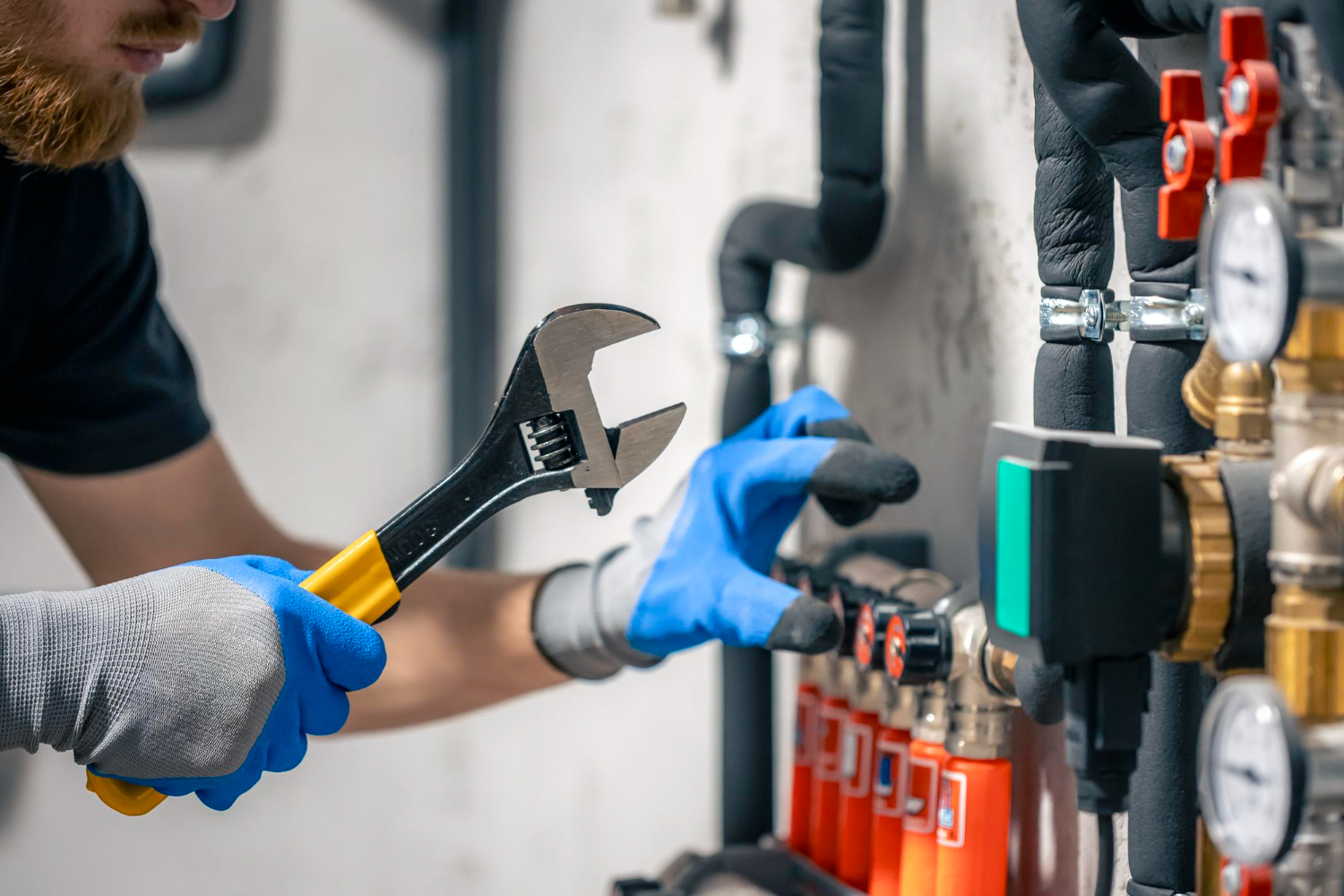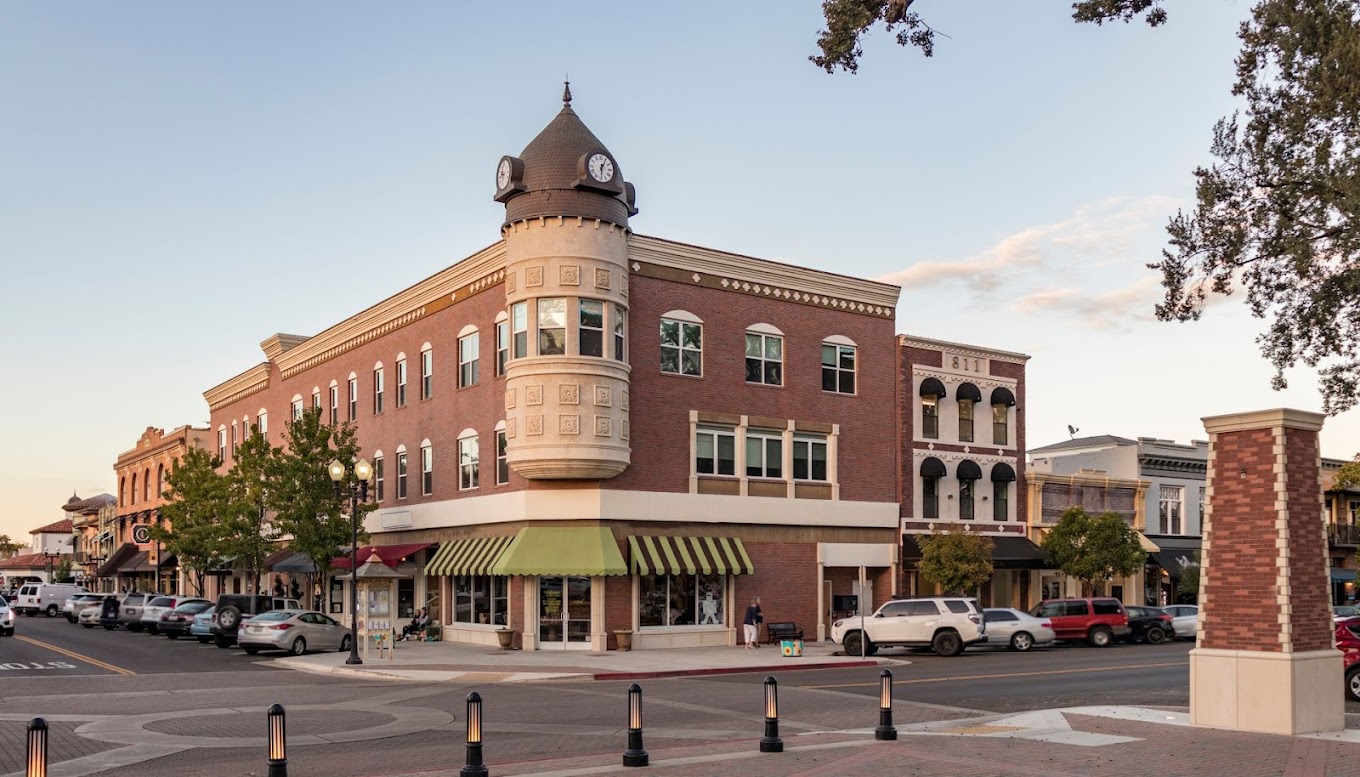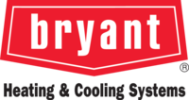Proactive heating maintenance can extend the life of your system and prevent costly breakdowns. Taking care of your heating system ensures it runs at peak efficiency, with lower energy usage and a smaller carbon footprint. However, heating maintenance isn’t just about comfort and savings. It’s also about safety as a well-maintained system reduces the risk of carbon monoxide leaks and fire hazards.
Understanding Heating Systems
Heating systems come in different types and have key parts that work together to warm your home.
Types of Heating Systems
- Furnaces: Furnaces are common heating systems that burn fuel like gas or oil to make heat. The warm air is then moved through ducts to heat your home.
- Boilers: These systems use hot water or steam to warm your space, sending the heat through pipes to radiators or baseboards.
- Heat pumps: A more energy-efficient option that can both heat and cool. Heat pumps move heat from outside to inside your home in winter, doing the opposite in summer.
- Radiant heating systems: Radiant heating warms floors or panels in walls and ceilings to ensure your home has comfortable, even heating.
5 Key Components of a Heating System
- The combustion chamber is where fuel burns in furnaces and boilers.
- The heat exchanger transfers the heat created from the fuel.
- The thermostat controls the temperature and when your system turns on and off.
- Ductwork carries warm air from the furnace to different rooms. In boiler systems, pipes do this job with hot water.
- Radiators or vents spread heat in your rooms.
Routine Heating Maintenance
Regular upkeep of your heating system ensures smooth performance while saving you money. It also helps prevent breakdowns and extends its lifespan.
Seasonal Maintenance Steps
Change air filters every 1-3 months to reduce strain on your system, cleaning or replacing them more often if you have pets or allergies. Next, clear the area around your furnace to prevent fire hazards and allow proper airflow. Then, clean your vents and registers using a vacuum to remove dust and debris.
Check your thermostat settings at the start of the heating season to ensure it’s working correctly and set to your desired temperature. Consider upgrading to a programmable thermostat to save energy or a smart thermostat that can adjust temperatures automatically.
Schedule a professional inspection to have an HVAC technician check your system before winter. They can spot and fix small issues before they escalate into more costly fixes.
Heating System Efficiency
Keep your system running efficiently to lower your energy bills by:
- Sealing air leaks around windows and doors. This prevents warm air from escaping and cold air from entering your home.
- Insulating your attic and walls properly. Good insulation helps maintain a consistent temperature in your home.
- Cleaning your furnace’s blower assembly yearly. This part moves heated air through your home, and a clean blower works more efficiently.
- Lubricating moving parts in your system. This reduces friction and helps your system run smoother. Check your owner’s manual for guidance.
- Testing your system before cold weather hits. Turn it on and check that it’s working properly so you can address any issues early.
Troubleshooting Common Issues
It’s important to spot and fix common heating problems early, as quick troubleshooting can save you time and money.
Identifying Unusual Noises
Banging or clanking sounds from your furnace usually mean loose parts. Squealing may point to belt issues and whistling often means air leaks in ductwork. Check for rattling panels and tighten them, replace worn belts if you hear squealing, and seal any gaps in ducts to stop whistling.
If noises persist, it’s best to call a technician as they can find and fix hidden issues safely.
Addressing Electrical Issues
Faulty wiring can cause your heating system to short cycle or not turn on. First, check if the circuit breaker has tripped and reset it if needed. If the fuse hasn’t tripped, ensure the thermostat is set correctly and has working batteries. Dirty air filters can also cause electrical problems.
Look for frayed wires or loose connections too, but don’t handle them yourself, instead, call an HVAC professional. They can safely fix electrical issues and check for other issues such as carbon monoxide leaks.
If your system keeps shutting off, it might be overheating. Turn it off and call for help to prevent damage or safety risks.
Water Damage and Leaks
Water damage from heating systems can be avoided by checking for leaks often. Look for wet spots near your furnace or boiler and check pipes and valves for drips. Put a drip pan under your unit to catch small leaks to protect your floors until the problem is fixed.
If you have a humidifier on your system, ensure it’s not leaking and clean your AC drain line yearly. A clogged line can lead to water backing up and causing damage and this issue is often easy to miss.
Speak to us today to arrange an inspection of your heating system to avoid breakdowns and costly repairs.










